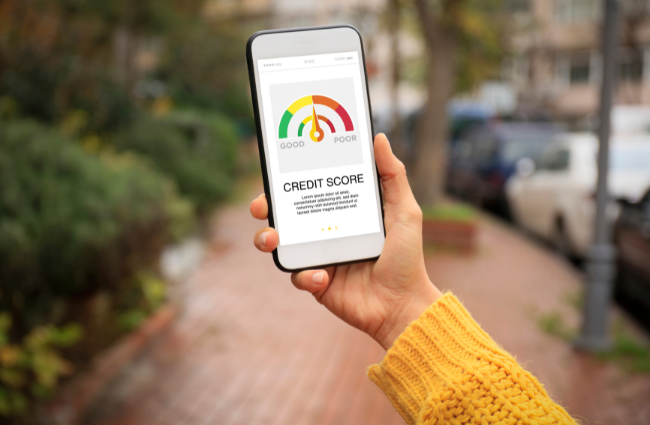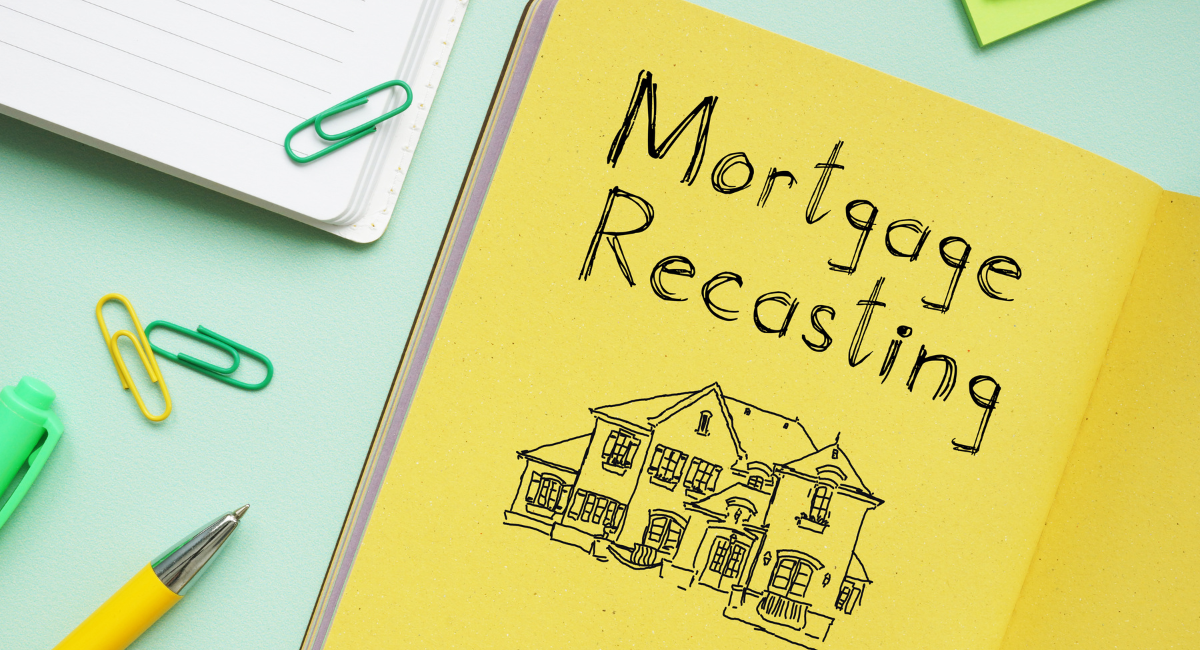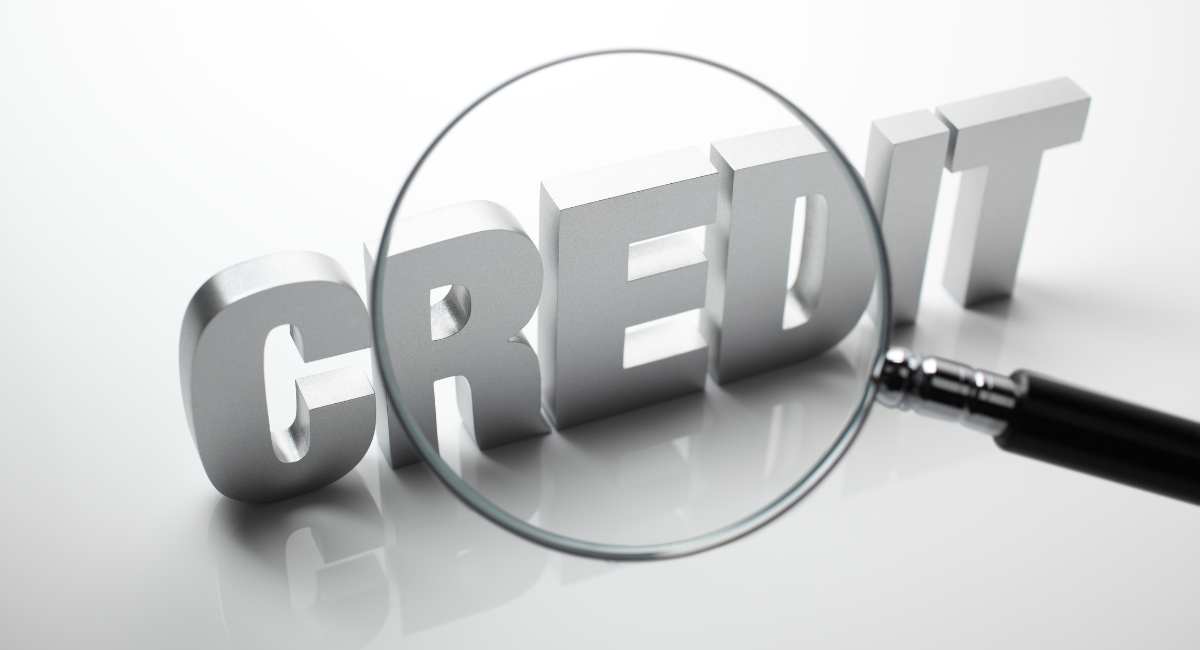Improving your credit score can seem like a daunting task, especially if you’re in a hurry to see results. Whether you’re looking to make a major purchase, secure a loan with favorable terms, or simply want to better manage your financial health, a good credit score is essential. Fortunately, there are strategies you can employ to boost your credit score relatively quickly. Here’s a comprehensive guide on how to do just that.
1. Review Your Credit Report for Errors
The first step in improving your credit score is to obtain and review your credit reports from the three major credit bureaus: Experian, TransUnion, and Equifax. You’re entitled to a free report from each bureau once a year through AnnualCreditReport.com. Scrutinize your reports for any inaccuracies or fraudulent activities, such as incorrect account details, payments marked as late that were actually on time, or accounts you didn’t open. Dispute any errors you find, as correcting these can significantly improve your score.
2. Pay Down Credit Card Balances
Your credit utilization ratio – the amount of credit you’re using compared to your credit limit – plays a significant role in your credit score. Ideally, you want to keep this ratio below 30%. Paying down credit card balances is one of the fastest ways to improve your credit score. If you can, bring your balances down to zero, but if that’s not possible, aim to keep them as low as you can.
3. Increase Credit Limits
If you can’t immediately pay down balances, another way to improve your credit utilization ratio is to ask for a credit limit increase on your current accounts. This approach can be effective, provided you don’t increase your spending along with the limit. Be cautious, though, as some creditors may perform a hard inquiry on your credit report to approve a limit increase, which can temporarily lower your score.
4. Become an Authorized User
Becoming an authorized user on someone else’s credit card account can also boost your score, especially if the primary account holder has a long history of on-time payments and a low credit utilization ratio. Just ensure that the credit card company reports account activity to the credit bureaus for authorized users.
5. Pay Bills on Time
Your payment history is the most significant factor affecting your credit score, accounting for 35% of your FICO score. To improve your credit quickly, make sure you pay all your bills on time. Even a single late payment can have a detrimental effect on your score. If you have missed payments, get current and stay current. Setting up automatic payments can help you manage this more effectively.
6. Limit New Credit Applications
Each time you apply for credit, a hard inquiry is recorded on your credit report, which can temporarily lower your score. If you’re trying to improve your credit, avoid applying for new credit cards or loans unless absolutely necessary. Focus on managing your current credit accounts well.
7. Consider Credit-Building Tools
For those with a thin credit file or bad credit, credit-building products like secured credit cards or credit-builder loans can be beneficial. These products are designed to help you establish or rebuild credit by demonstrating a history of on-time payments.
Improving your credit score doesn’t happen overnight, but by taking these steps, you can see significant improvement in a relatively short period. The key is to be patient, disciplined, and consistent in your credit management strategies. Remember, a good credit score is a reflection of good financial health and habits over time.

Ellen Wilson
703-864-3773
[email protected]
NMLS #591525
Licensed Mortgage Professional
Fidelity Direct Mortgage
8133 Leesburg Pike Suite 700
Vienna, VA 22182




